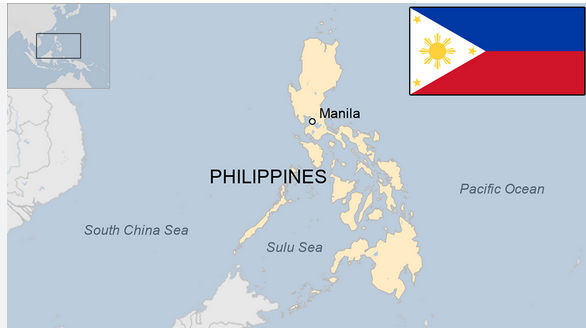News as it Happens - June 14, 2024 4 pm: Philippines Crackdown, Gambling.com Group Hit
Philippines Cracks Down on Illegal Offshore Gambling Firms
MANILA (Reuters) - Philippine authorities have launched a crackdown on illegal offshore gambling operators, several run by Chinese firms, as calls to ban these activities mount due to their alleged links to criminal syndicates.
Around 250 to 300 offshore gambling firms are operating in the Philippines without a licence, the chief of the country's gaming regulator said on Thursday, around six times more than the 46 legitimate gaming operators in the country.

"Together with the police, we search for these illegal operators, conduct raids, and shut them down," Alejandro Tengco, chairman of state regulator Philippine Amusement and Gaming Corp (PAGCOR), told Reuters in a phone interview.
The online gaming industry emerged in the Philippines in 2016 and grew exponentially as operators capitalised on the country's liberal gaming laws to target customers in China, where gambling is banned.
At their peak, Philippine offshore gambling operators, or POGOs, totalled 300 and employed more than 300,000 Chinese workers. But the pandemic and tighter tax rules have forced many to relocate or go underground, Tengco said.
The crackdown was triggered by reports of POGO-related crimes such as human trafficking, torture, kidnapping, and fraudulent activities like credit card, crypto investment, and "love scams" - when criminals adopt fake online identities to persuade victims to give them money.
In March, law enforcers raided a POGO facility in Pampanga province that led to the rescue of more than 800 workers, including Filipino and Chinese nationals, local media reported.
Security officials have also expressed concern over illegal POGOs, with the defence minister saying criminal syndicates posing as POGOs were a national security concern, while the national security council said these illegal activities must not be tolerated.
"The concern is that we should stop these syndicated criminal activities operating out of our base, which weaken our financial standing, our country ratings, (and) corrupt our society," Defence Secretary Gilberto Teodoro said in a statement on Wednesday.
PAGCOR's Tengco said the gaming regulator would comply with the government's final decision on POGOs, which might include banning the industry altogether.
The government is expected to generate 24.5 billion pesos ($417 million) this year in POGO fees and taxes from 46 licensed POGOs, half of which are Chinese firms, Tengco said.
Gambling.com Group Hit Hard By Google Update
One of the top affiliates in the gambling space, Gambling.com, was reportedly hit hard by the latest Google algorthym.
Forbes Julius Juenemann notes how this update has had a negative impact on Gambling.com's financials.
"GAMB reduced its full-year guidance for revenue by $11 million and adjusted Ebitda by $4 million, even with the strong Q1 results already in the books. This indicates lower-than-expected operating performance for the rest of the year, explaining why investors are abandoning a stock that had already fallen 38% since November and is now down 6% more.
"I believe this decline has been overly severe. First off, the earlier sell-off was triggered by guidance for the final quarter of 2023, which implied revenue of just $25.9 million versus the $27.8 million analysts had anticipated. However, the company ultimately delivered revenue of $32.5 million when it officially reported results on March 21. Meanwhile, the new Google policy could benefit GAMB in the long run. The algorithm changes have reduced competition in search-engine results from media websites and have already led to an increase in traffic and improved search visibility for GAMB’s own websites. Although this means collecting fewer referral fees from people clicking on its ads on media websites, it also reduces the commission paid to these media companies. Combined with the higher proportion of traffic now flowing directly to its own web pages, which carry gross margins of 100%, the net effect on earnings from these changes will be limited.
"Even the reduced outlook still implies sales and Ebitda growth of about 11% and 22% at the midpoint over the rest of the year. GAMB’s assumptions do not account for any additional North American markets legalizing online sports betting in 2024 besides North Carolina—unlike 2023, which saw launches in Ohio, Massachusetts, and Kentucky—or the benefit from the increased traffic already seen from the Google switch to its own websites. Therefore, there’s a good chance that actual results for 2024 will come in quite a bit better than the cautious guidance.'

|














